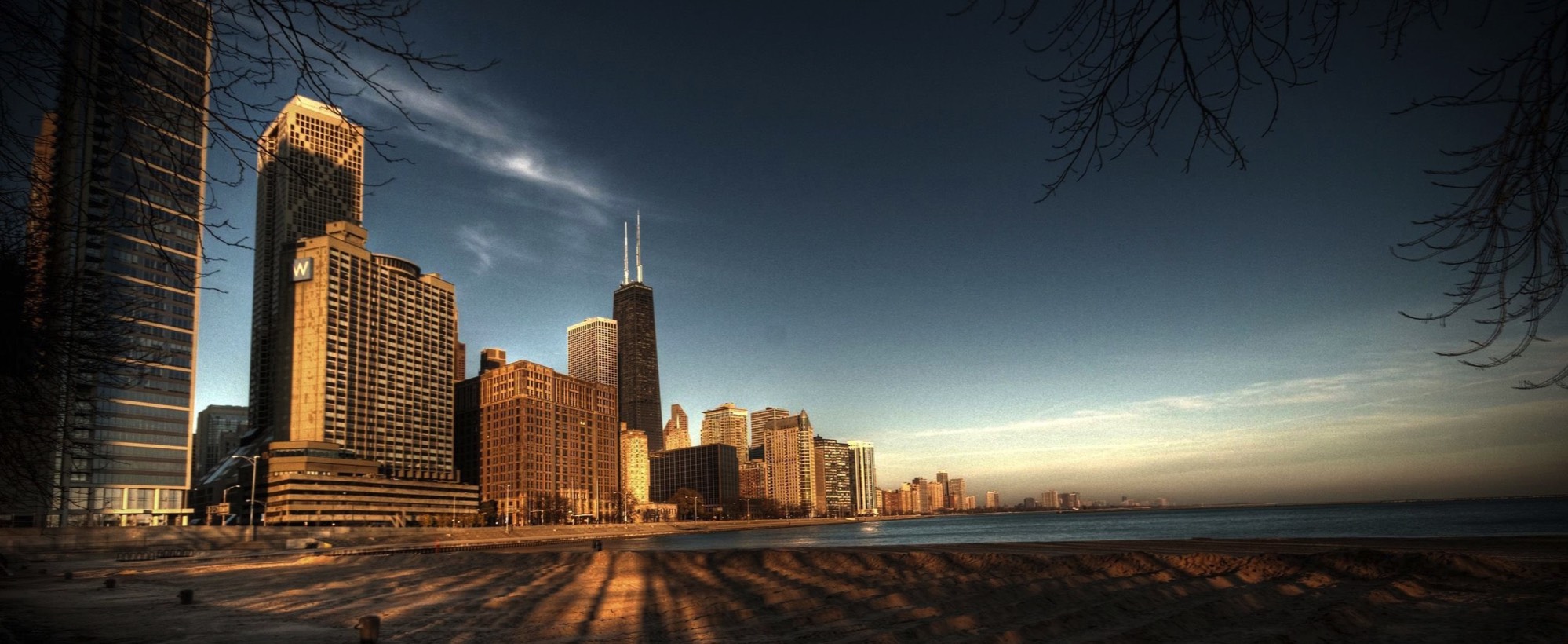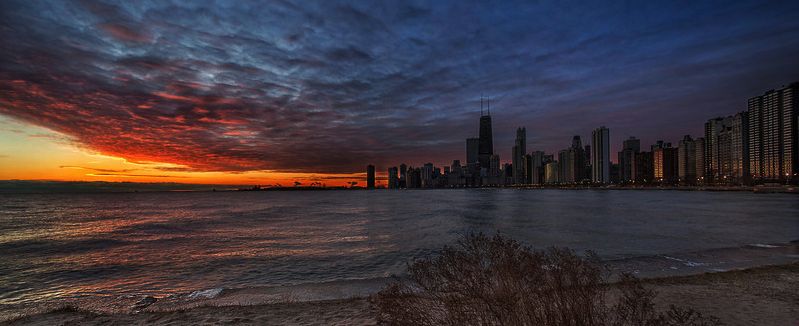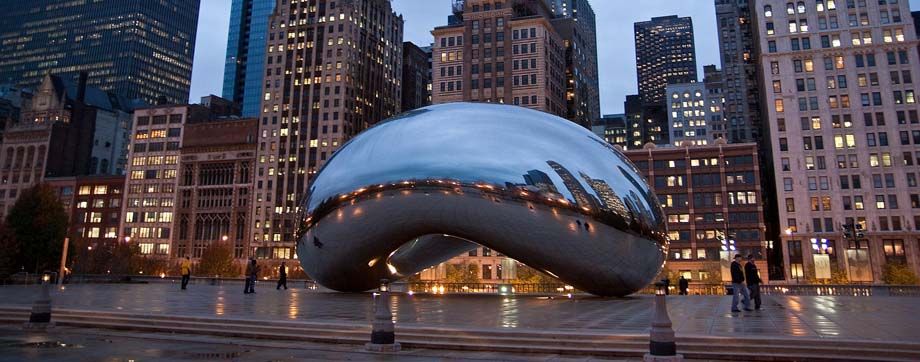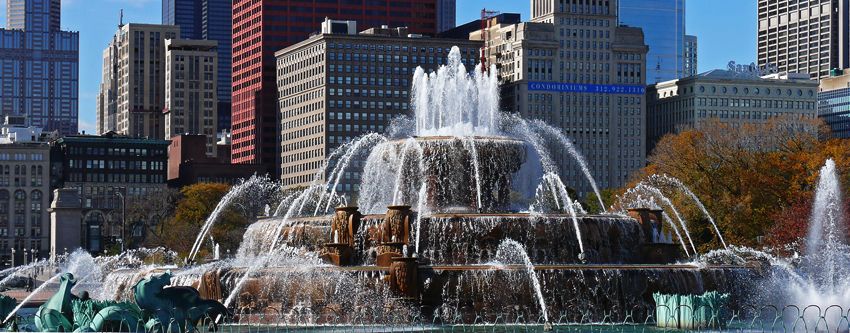
Know Your Medical Marijuana Rights Under Illinois Law
An Overview of Illinois’ Medical Marijuana Law
On August 1, 2013, Gov. Pat Quinn signed HB 1, which will create a medical marijuana pilot program for the state of Illinois. Entitled the Compassionate Use of Medical Cannabis Pilot Program Act, the law represents nearly 10 years of hard work on the part of legislators, the Marijuana Policy Project, and hundreds of doctors and patients around the state to bring needed relief to the state’s seriously ill patients.
Why is it called a “pilot program?”
The law was created with a “sunset” provision, meaning that if the legislature does not renew the program or create a new law, the program will cease to operate four years from the date it goes into effect.
How do patients qualify for the program?
The law allows physicians to recommend the therapeutic use of medical marijuana to patients who are under the doctors’ care for at least one of the 33 qualifying medical conditions. Qualifying patients who receive a written certification may register with the state Department of Public Health for legal status as a medical marijuana patient.
What medical conditions are included?
The qualifying medical conditions are: cancer; glaucoma; HIV/AIDS; hepatitis C; amyotrophic lateral sclerosis (ALS); Crohn's disease; agitation of Alzheimer’s disease; cachexia/wasting syndrome; muscular dystrophy; severe fibromyalgia; spinal cord disease; Tarlov cysts; hydromyelia; syringomyelia; spinal cord injury; traumatic brain injury and post-concussion syndrome; multiple sclerosis; Arnold Chiari malformation; spinocerebellar ataxia (SCA); Parkinson’s disease; Tourette’s syndrome; myoclonus; dystonia; reflex sympathetic dystrophy (RSD); causalgia; CRPS; neurofibromatosis; chronic inflammatory demyelinating polyneuropathy; Sjogren’s syndrome; lupus; interstitial cystitis; myasthenia gravis; hydrocephalus; nail patella syndrome; residual limb pain; or the treatment of these conditions. In addition, the Department of Public Health can approve additional debilitating medical conditions.
What protections do patients have once in the program?
Registered patients may not be arrested or prosecuted or face criminal or other penalties including property forfeiture for engaging in the medical use of marijuana in compliance with the law. There are also protections against patients being discriminated against in medical care — such as organ transplants — and in reference to child custody. In addition, landlords may not refuse to rent to a person solely due to his or her status as a registered patient or caregiver unless housing the applicant violates federal law on the part of the landlord. Landlords may prohibit smoking medical marijuana on their premises. Similarly, schools and employers are prohibited from discriminating based on patient status unless they face restrictions under federal law. Employers may continue to enforce drug-free work place policies, and they do not have to allow employees to possess marijuana at work or work while they are impaired.
How much medical marijuana can patients possess?
The new law authorizes registered patients to obtain up to 2 1⁄2 ounces of medical marijuana every two weeks from a dispensary the patient specifies during the application process. Patients may apply for a waiver to use more marijuana if their physicians explain that that amount is insufficient for the patient.
Can patients grow their own medical marijuana?
No. Only state-regulated cultivation centers are authorized to grow marijuana.
Can patients have a caregiver pick up their medicine for them?
Yes. Patients may designate a caregiver who is 21 years of age or older and does not have a disqualifying conviction. The caregiver may obtain marijuana from a dispensary on behalf of a single patient.
Can anyone participate if he or she has a qualifying medical condition?
No. The law does not currently allow people under the age of 18 to qualify as medical marijuana patients. Similarly, people with felony drug convictions or who work in certain professions, including law enforcement personnel, firefighters, and commercial drivers, are not allowed to participate in the program.
How do patients obtain medical marijuana?
All patients are required to name a state-regulated dispensary from which the patient or his or her designated caregiver will obtain medical marijuana. There will be 60 dispensaries around the state.
How much will medical marijuana cost?
Prices will be set by individual medical marijuana dispensaries.
Will medical marijuana be taxed?
Medical marijuana sold from cultivation centers to dispensaries will be subject to a 7% excise tax. Medical marijuana will also be subject to a 1% sales tax.
How will dispensaries operate?
Dispensaries will be licensed by the state and subject to rules created by the Department of Financial and Professional Regulation as well as local zoning laws. All dispensary staff must receive a photo ID from the department after submitting to a background check. We anticipate the department will begin accepting applications for dispensary licenses following the rule-making process in 2014.
How is medical marijuana cultivated for patients?
Dispensaries will obtain medical marijuana from up to 22 cultivation centers, with a limit of one cultivation center for each state police district. Cultivation centers will be subject to a strict set of rules developed by the Department of Agriculture, including labeling and marijuana testing requirements, 24- hour video surveillance, photo IDs for staff, cannabis tracking systems, and inventory control measures. As with dispensaries, we anticipate the department will accept applications after rules are issued mid- 2014.
When does the law go into effect?
The law is effective on January 1, 2014, and the departments will have four months to implement rules for the program beginning on that date.
Does the state pilot program recognize patients from other states?
No. Only patients who are registered with the Illinois Department of Public Health will qualify.
Are there restrictions on where a patient can possess or consume medical marijuana?
Patients may not possess or consume marijuana on a school bus, school grounds, or in a correctional facility. Likewise, patients may not possess or consume marijuana in a private residence that is used to provide child care or a day care service, and they may not possess it in a vehicle unless it is secured in a sealed, tamper-evident container that is inaccessible while the vehicle is moving. As with alcohol and prescription drugs, patients may not operate or be in control of a vehicle while impaired. Patients are also prohibited from consuming medical marijuana in a public place, near anyone under the age of 18, or where doing so would violate the Smoke Free Illinois Act.
On August 1, 2013, Gov. Pat Quinn signed HB 1, which will create a medical marijuana pilot program for the state of Illinois. Entitled the Compassionate Use of Medical Cannabis Pilot Program Act, the law represents nearly 10 years of hard work on the part of legislators, the Marijuana Policy Project, and hundreds of doctors and patients around the state to bring needed relief to the state’s seriously ill patients.
Why is it called a “pilot program?”
The law was created with a “sunset” provision, meaning that if the legislature does not renew the program or create a new law, the program will cease to operate four years from the date it goes into effect.
How do patients qualify for the program?
The law allows physicians to recommend the therapeutic use of medical marijuana to patients who are under the doctors’ care for at least one of the 33 qualifying medical conditions. Qualifying patients who receive a written certification may register with the state Department of Public Health for legal status as a medical marijuana patient.
What medical conditions are included?
The qualifying medical conditions are: cancer; glaucoma; HIV/AIDS; hepatitis C; amyotrophic lateral sclerosis (ALS); Crohn's disease; agitation of Alzheimer’s disease; cachexia/wasting syndrome; muscular dystrophy; severe fibromyalgia; spinal cord disease; Tarlov cysts; hydromyelia; syringomyelia; spinal cord injury; traumatic brain injury and post-concussion syndrome; multiple sclerosis; Arnold Chiari malformation; spinocerebellar ataxia (SCA); Parkinson’s disease; Tourette’s syndrome; myoclonus; dystonia; reflex sympathetic dystrophy (RSD); causalgia; CRPS; neurofibromatosis; chronic inflammatory demyelinating polyneuropathy; Sjogren’s syndrome; lupus; interstitial cystitis; myasthenia gravis; hydrocephalus; nail patella syndrome; residual limb pain; or the treatment of these conditions. In addition, the Department of Public Health can approve additional debilitating medical conditions.
What protections do patients have once in the program?
Registered patients may not be arrested or prosecuted or face criminal or other penalties including property forfeiture for engaging in the medical use of marijuana in compliance with the law. There are also protections against patients being discriminated against in medical care — such as organ transplants — and in reference to child custody. In addition, landlords may not refuse to rent to a person solely due to his or her status as a registered patient or caregiver unless housing the applicant violates federal law on the part of the landlord. Landlords may prohibit smoking medical marijuana on their premises. Similarly, schools and employers are prohibited from discriminating based on patient status unless they face restrictions under federal law. Employers may continue to enforce drug-free work place policies, and they do not have to allow employees to possess marijuana at work or work while they are impaired.
How much medical marijuana can patients possess?
The new law authorizes registered patients to obtain up to 2 1⁄2 ounces of medical marijuana every two weeks from a dispensary the patient specifies during the application process. Patients may apply for a waiver to use more marijuana if their physicians explain that that amount is insufficient for the patient.
Can patients grow their own medical marijuana?
No. Only state-regulated cultivation centers are authorized to grow marijuana.
Can patients have a caregiver pick up their medicine for them?
Yes. Patients may designate a caregiver who is 21 years of age or older and does not have a disqualifying conviction. The caregiver may obtain marijuana from a dispensary on behalf of a single patient.
Can anyone participate if he or she has a qualifying medical condition?
No. The law does not currently allow people under the age of 18 to qualify as medical marijuana patients. Similarly, people with felony drug convictions or who work in certain professions, including law enforcement personnel, firefighters, and commercial drivers, are not allowed to participate in the program.
How do patients obtain medical marijuana?
All patients are required to name a state-regulated dispensary from which the patient or his or her designated caregiver will obtain medical marijuana. There will be 60 dispensaries around the state.
How much will medical marijuana cost?
Prices will be set by individual medical marijuana dispensaries.
Will medical marijuana be taxed?
Medical marijuana sold from cultivation centers to dispensaries will be subject to a 7% excise tax. Medical marijuana will also be subject to a 1% sales tax.
How will dispensaries operate?
Dispensaries will be licensed by the state and subject to rules created by the Department of Financial and Professional Regulation as well as local zoning laws. All dispensary staff must receive a photo ID from the department after submitting to a background check. We anticipate the department will begin accepting applications for dispensary licenses following the rule-making process in 2014.
How is medical marijuana cultivated for patients?
Dispensaries will obtain medical marijuana from up to 22 cultivation centers, with a limit of one cultivation center for each state police district. Cultivation centers will be subject to a strict set of rules developed by the Department of Agriculture, including labeling and marijuana testing requirements, 24- hour video surveillance, photo IDs for staff, cannabis tracking systems, and inventory control measures. As with dispensaries, we anticipate the department will accept applications after rules are issued mid- 2014.
When does the law go into effect?
The law is effective on January 1, 2014, and the departments will have four months to implement rules for the program beginning on that date.
Does the state pilot program recognize patients from other states?
No. Only patients who are registered with the Illinois Department of Public Health will qualify.
Are there restrictions on where a patient can possess or consume medical marijuana?
Patients may not possess or consume marijuana on a school bus, school grounds, or in a correctional facility. Likewise, patients may not possess or consume marijuana in a private residence that is used to provide child care or a day care service, and they may not possess it in a vehicle unless it is secured in a sealed, tamper-evident container that is inaccessible while the vehicle is moving. As with alcohol and prescription drugs, patients may not operate or be in control of a vehicle while impaired. Patients are also prohibited from consuming medical marijuana in a public place, near anyone under the age of 18, or where doing so would violate the Smoke Free Illinois Act.
Have Questions?
We've got Answers!
Give Us a Call 24/7
Call (773) 906-5339
Fax (773) 906-5537








